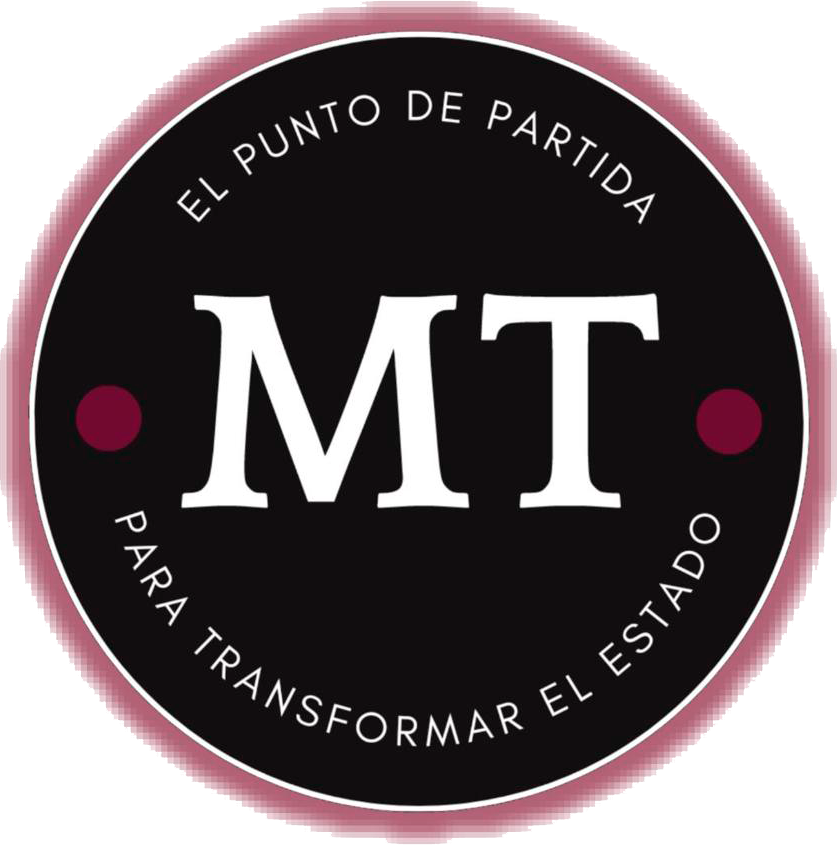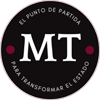Although today’s remote-work environments lack the presence of colleagues with whom to spontaneously confer and consult, technical resources allow for the preparation and review of quality work. Most tax returns and workpapers are prepared with up-to-date software, which itself is a check to ensure quality work. The availability of online technical resources and applications is another way practitioners can deliver quality.
Tax regulators catching up to growth of remote working – Grant Thornton
Tax regulators catching up to growth of remote working.
Posted: Fri, 28 Apr 2023 07:00:00 GMT [source]
However, the
increase in remote work has created problems for eligibility of these same
benefits. Incentive programs by nature are intended to entice businesses to increase
employment and investments in a particular state or jurisdiction. Most
incentive program regulations specifically require an employee works within the
state, and often requires the majority of their work be performed at the
designated https://remotemode.net/blog/how-remote-work-can-benefit-employees-and-companies/ local facility. For this reason, tracking where your employees work
is essential for claiming these tax credits, but too much remote work will
negatively impact eligibility. The rise of the hybrid workforce and remote workers has generally been positive for both employee and employer. States and localities have also experienced benefits from employees living and working in new areas.
Business Taxes on Out-of-State Employers
For instance, if you live in West Virginia, Pennsylvania, Washington DC, or Virginia and work in Maryland, you’ll only have to pay state taxes in your home state. You can file a nonresident state tax return to avoid being taxed on the same income twice. Traveling for work across state lines can put you in a unique tax https://remotemode.net/ situation because you might face double taxation. This means you’ll have to pay taxes in the states where you live and where you work. Video conferencing platforms are a key remote work tool, and with the sudden shift to remote work caused a dramatic increase in Google Trends search volumes, according to TrustRadius.
The remote-work practitioner, however, has a greater responsibility for ensuring that there is adequate time for consulting, preparation, and review. Only by personally overseeing these critical measures in tax compliance and consulting can the remote-work practitioner deliver the highest-quality work. Physical office locations are often designed to maintain client confidentiality. They generally have locking offices, separate conference rooms, and staff training in maintaining confidentiality — all difficult to replicate remotely. Outside the office, it becomes much easier for confidential information to be inadvertently — or purposefully — seen or overheard by the wrong individuals.
Taking on the potential talent and tax implications of remote work
You’ll do this by completing a Form 1040 and including all of your income documents. It’s important to make sure that you’re reporting all of your income, including any income earned in other states. If you’re required to file taxes in multiple states, you’ll need to complete a separate tax return for each state. One of the most significant deductions available to remote workers is for home office expenses.
«I have a lot of colleagues who won’t do Ohio taxes because there’s so many weird little rules in all the different municipalities,» Cagan says. A handful of states may even require you to withhold taxes if your employer is based in the state, even if you never physically work in that state. The 2017 Tax Cuts and Jobs Act suspended the home office deduction through 2025 for employees who «receive a paycheck or a W-2 exclusively from an employer,» according to the IRS. If you receive a Federal W-2 form from your employer then it doesn’t matter if you work from home 100% of the time, 50% of the time or not at all – you can’t deduct work expenses to reduce your taxable income. But according to Obih, you can ask your employer to reimburse you for office expenses, co-working space fee or whatever else you have to pay for out of pocket. Although there has been an increase in employees working at home since coronavirus, under tax reform, employees can no longer take federal tax deductions for unreimbursed employee expenses like work-from-home expenses.







